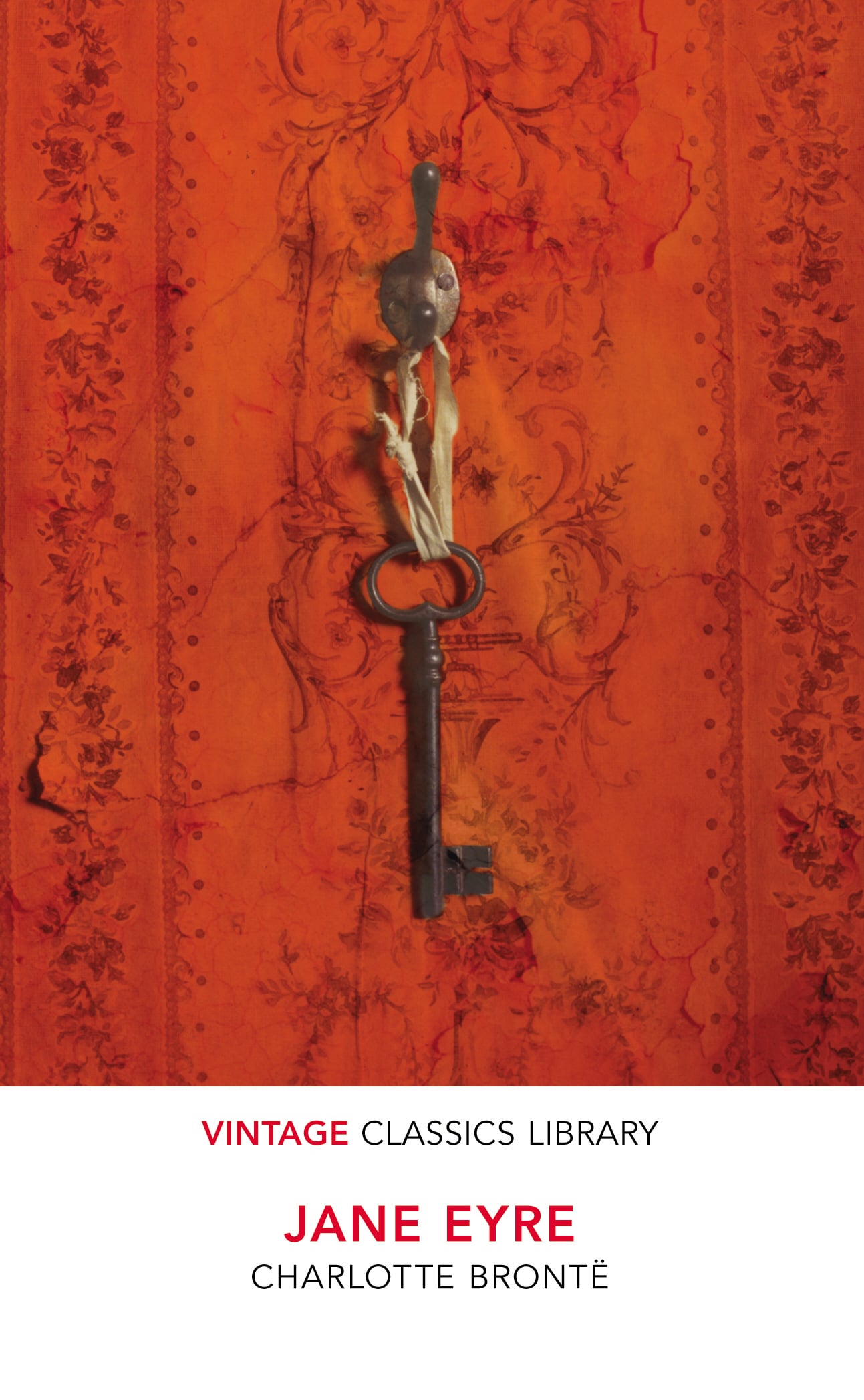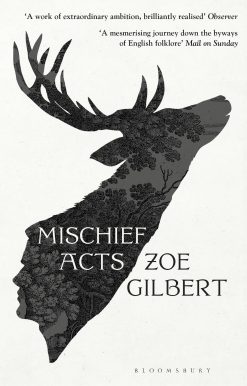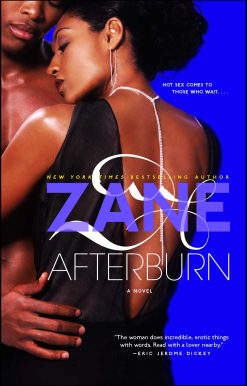Description
As an orphan, Jane’s childhood is not an easy one but her independence and strength of character keep her going through the miseries inflicted by cruel relatives and a brutal school. However, her biggest challenge is yet to come. Taking a job as a governess in a house full of secrets, for a passionate man she grows more and more attracted to, ultimately forces Jane to call on all her resources in order to hold on to her beliefs.
Additional information
| Weight | 0.298 kg |
|---|---|
| Dimensions | 3.3 × 11 × 17.8 cm |
| Format | Paperback |
| language1 | |
| Pages | 560 |
| Publisher | |
| Year Published | 2016-7-7 |
| Imprint | |
| Publication City/Country | London, United Kingdom |
| ISBN 10 | 1784871680 |
| About The Author | Charlotte Brontë was born on 21 April 1816. Her father was curate of Haworth, Yorkshire, and her mother died when she was five years old, leaving five daughters and one son. In 1824 Charlotte, Maria, Elizabeth and Emily were sent to Cowan Bridge, a school for clergymen's daughters, where Maria and Elizabeth both caught tuberculosis and died. The children were taught at home from this point on and together they created vivid fantasy worlds which they explored in their writing. Charlotte worked as a teacher from 1835 to 1838 and then as a governess. In 1846, along with Emily and Anne, Charlotte published Poems by Currer, Ellis and Acton Bell.After this Emily wrote Wuthering Heights, Anne wrote Agnes Grey and Charlotte wrote The Professor. Wuthering Heights and Agnes Grey were both published but Charlotte's novel was initially rejected. In 1847 Jane Eyre became her first published novel and met with immediate success. Between 1848 and 1849 Charlotte lost her remaining siblings: Emily, Branwell and Anne. She published Shirley in 1849, Villette in 1853 and in 1854 she married the Rev. Arthur Bell Nicholls. She died the next year, on 31 March 1855. |
| Review Quote | Marred only by the fact that Charlotte clearly liked Mr Rochester too much; but we can forgive her that. Often given to schoolchildren to read, but you have to be a grown-up to really get it. One of the most perfectly structured novels of all time |
| Other text | At the end we are steeped through and through with the genius, the vehemence, the indignation of Charlotte Brontë |





